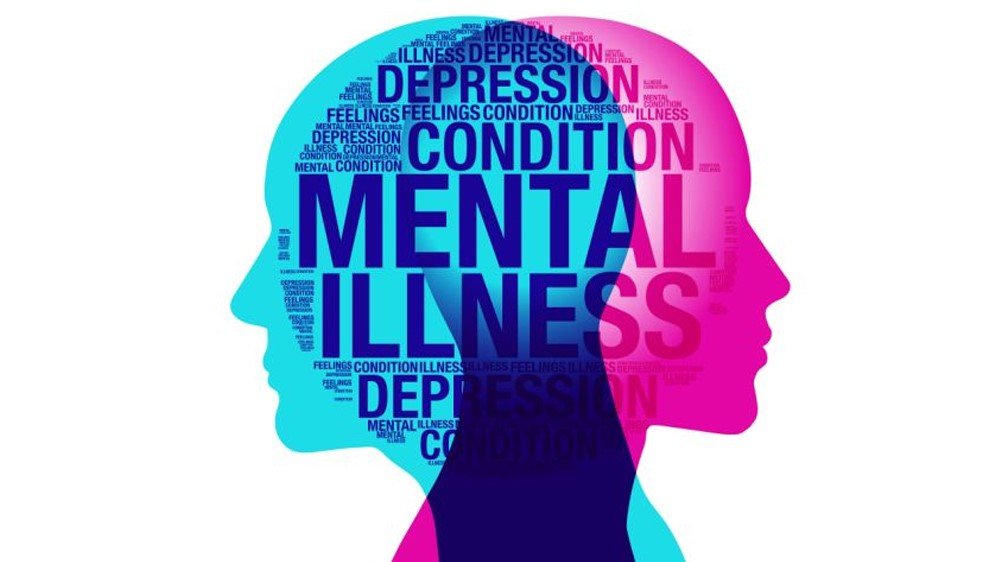Mental Health And Homelessness Of A Person :

By revealing insight into this basic topic, we reason to support activity and advance pleasantly being for our mental health –
Emotional wellbeing illness Occurs Often in Homeless People : About 20 to 25 percent of homeless people in the US have serious mental health problems while 6 percent of the general public does Emotional wellbeing issues can make it hard to keep a job and a stable home.
2 Complicated Relationship :
mental illness leads to homelessness and it leads to mental illness
Cause Emotional wellbeing problems make it tough to work maintain relationships and take care of oneself which increases the risk of becoming homeless
Result Being homeless exposes people to trauma violence and drug use which can make existing Emotional wellbeing conditions worse.
3 Stress and Mental Health
Homelessness causes stress that makes existing mental illnesses worse and leads to worry fear sadness and trouble sleeping.
Not having a stable home is very stressful which means homeless people have more Emotional wellbeing issues than others.
4 Need for a Complete Approach
To solve homelessness we must provide homes and Emotional wellbeing care
To end this cycle we need to give people resources help and understanding so they can get back on their feet.
To sum up homelessness and mental health are linked and helping with one improves the other
Lowering the stigma around homelessness and mental illness plays a key role to encourage empathy, comprehension and backing.
1. Public Awareness and Education
Boost awareness about homelessness and mental health problems through public campaigns, workshops and community gatherings
Teach people about the intricacies of homelessness and the varied backgrounds of those it affects.
2. Humanize Personal Stories
Tell personal accounts of homeless people and those facing Emotional wellbeing challenges
Showcase their toughness, abilities and dreams to shatter stereotypes and wrong ideas.
3. Promote Contact and Interaction
Push for interactions between community members and homeless individuals.
Good encounters cut down fear and bias. Programs that involve people with firsthand experience can work well.
4 Language Matters
Use non-stigmatizing words. instead of harsh words.
Look at system-wide factors causing homelessness rather than blaming individuals.
5 Work with Mental Health Services
Make sure homeless people can access mental health care.
Care models that tackle both housing and mental health needs play a key role.
6 Push for Policy Changes
Strive for policy updates to protect the rights and dignity of homeless people
Oppose laws that target homeless folks and support affordable housing options.
Keep in mind: To reduce stigma, we all need to work together with empathy. Let’s create a community that welcomes and supports everyone .

